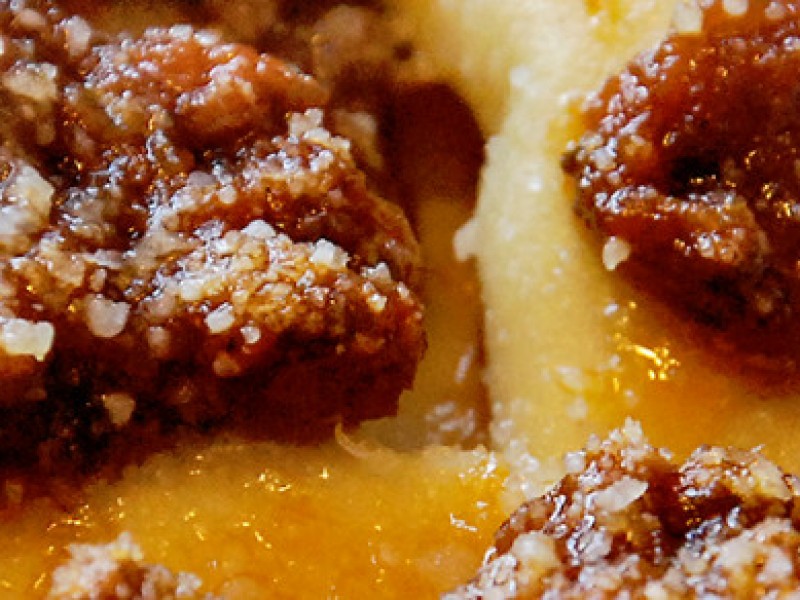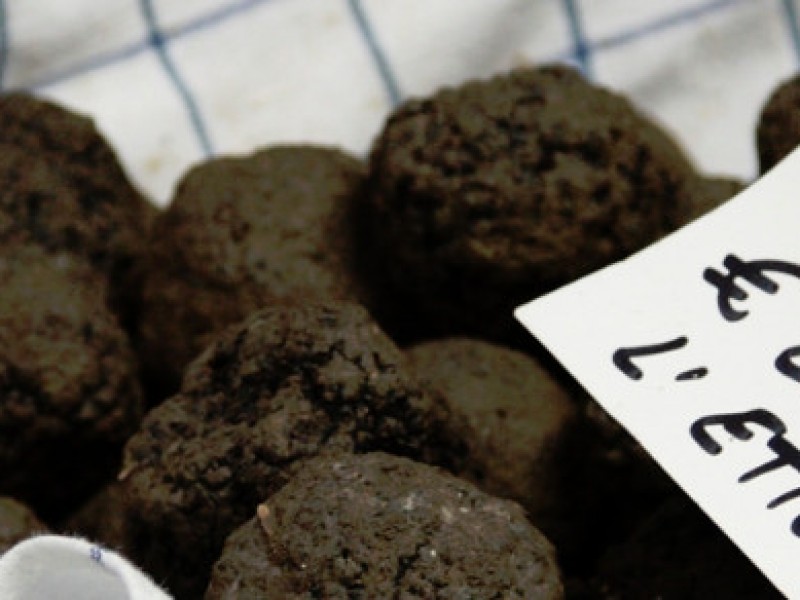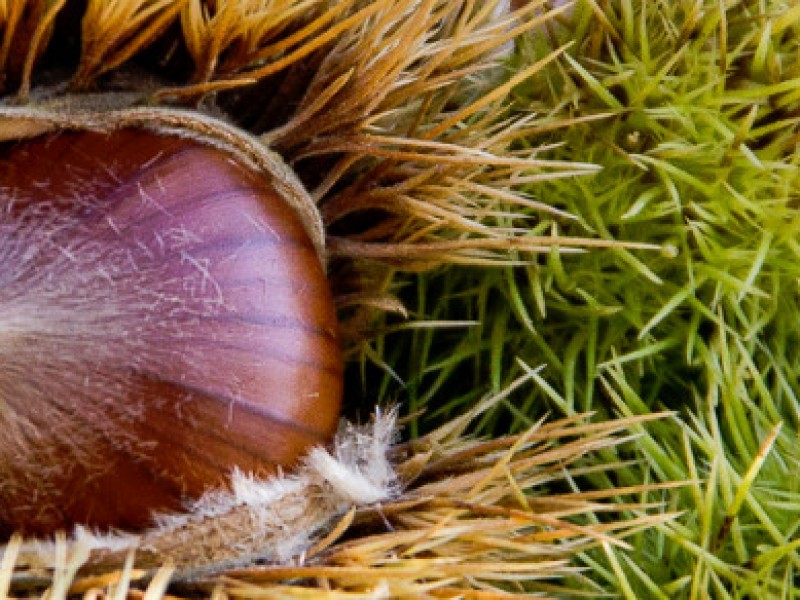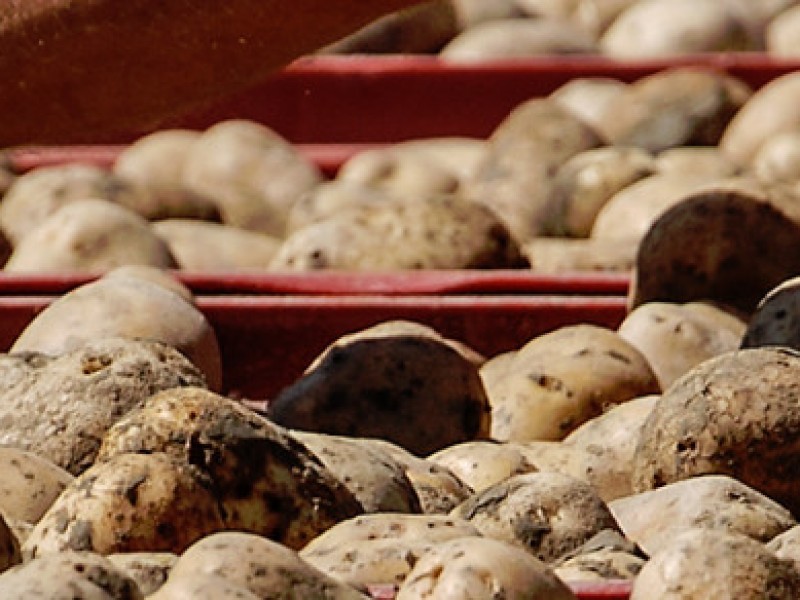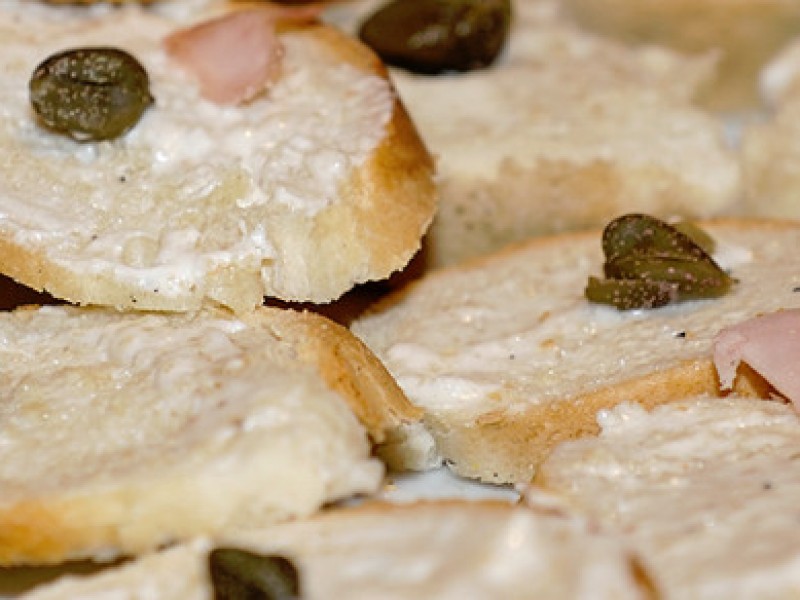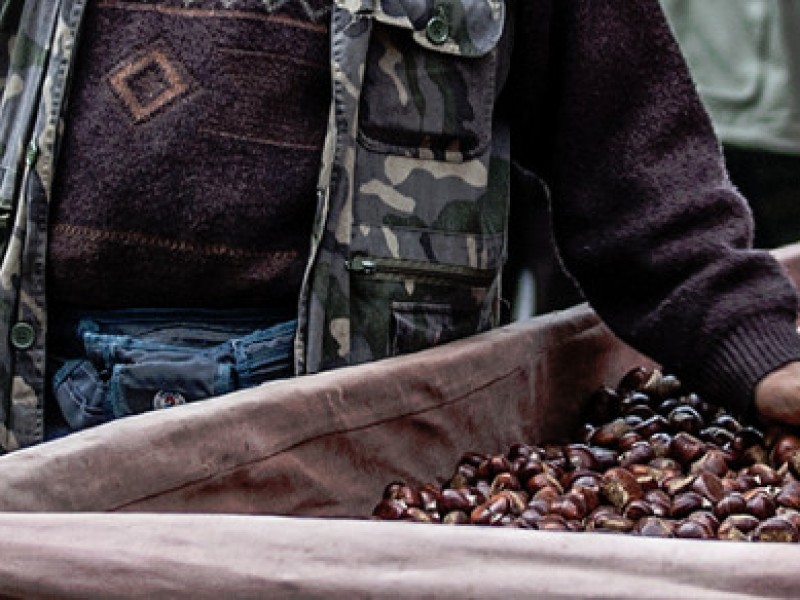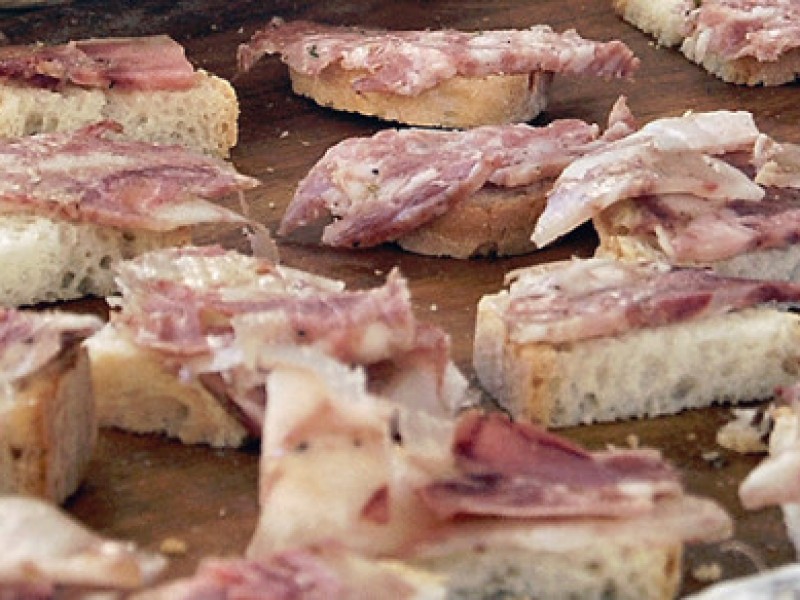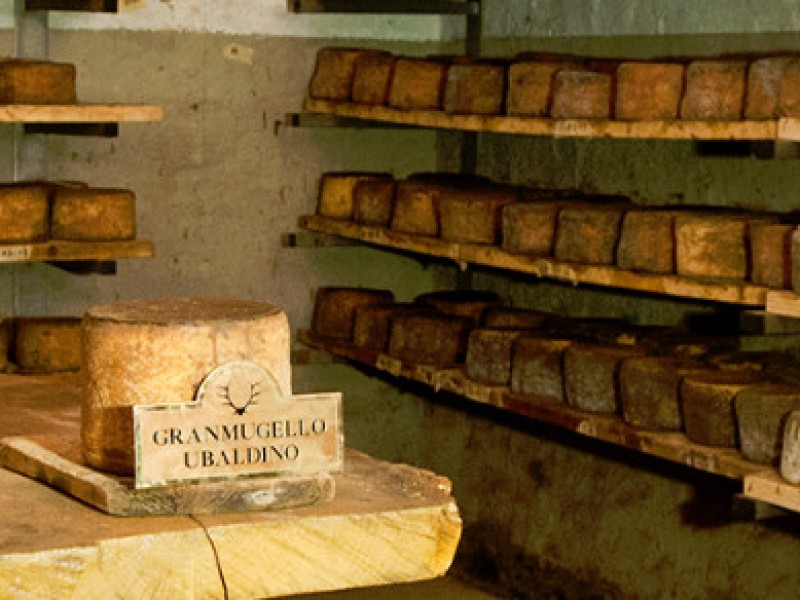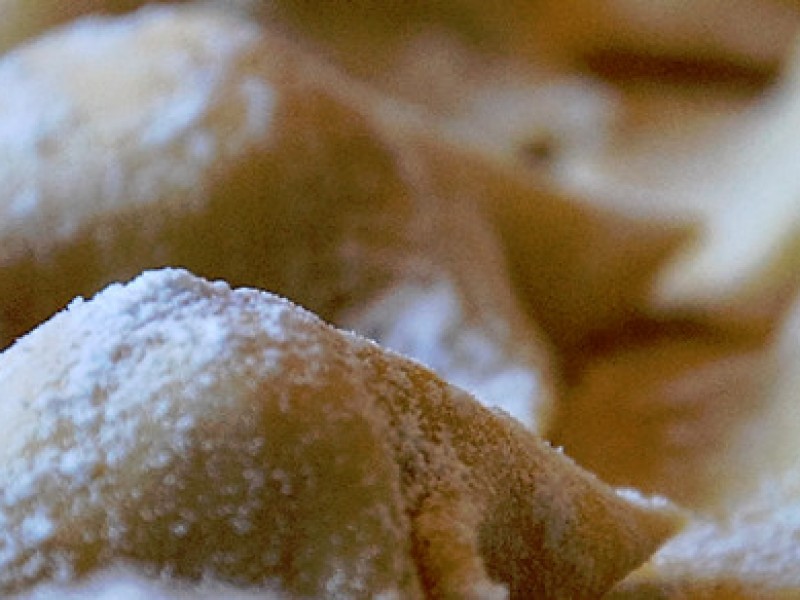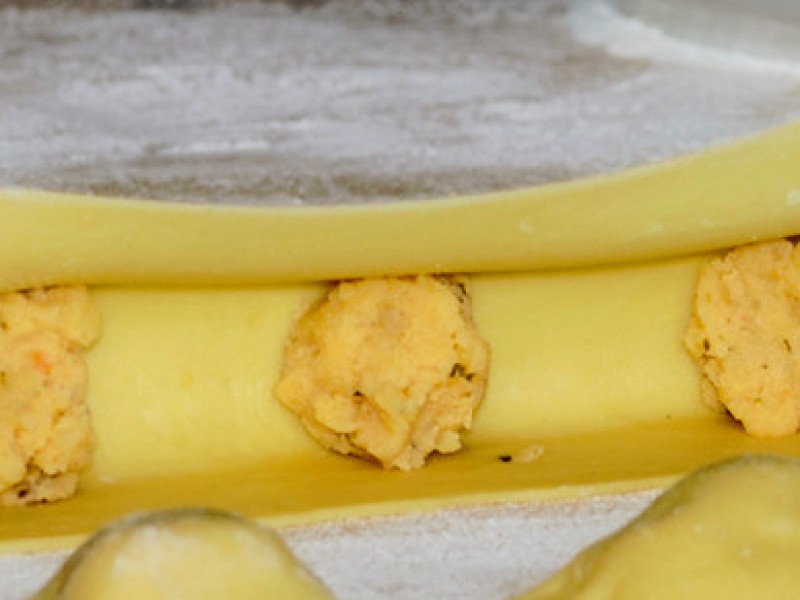Mugello region preserves an ancient culinary tradition made of authentic and genuine flavors. Since medieval times, inns and taverns followed strict rules to ensure hospitality, order, and quality.Today, that heritage lives on in simple yet flavorful dishes rooted in the land and untouched by modern excess. Mugello offers a food experience tied to the rhythm of the seasons, perfect for those seeking wellness and authenticity.Visiting villages, churches, villas, or castles becomes the perfect chance to explore local food culture. Nestled between Florence and Bologna, this area invites you to sit down for a meal after a walk in the woods or a cultural tour.In local restaurants, traditional recipes are served with warmth and sincerity. Mugello is the ideal place to rediscover the true tastes of Tuscany.













